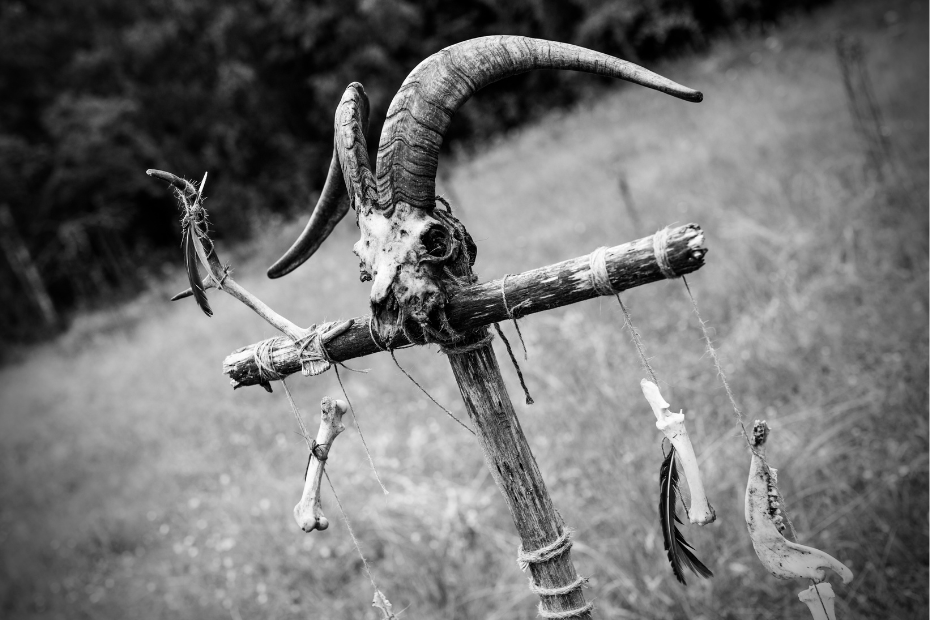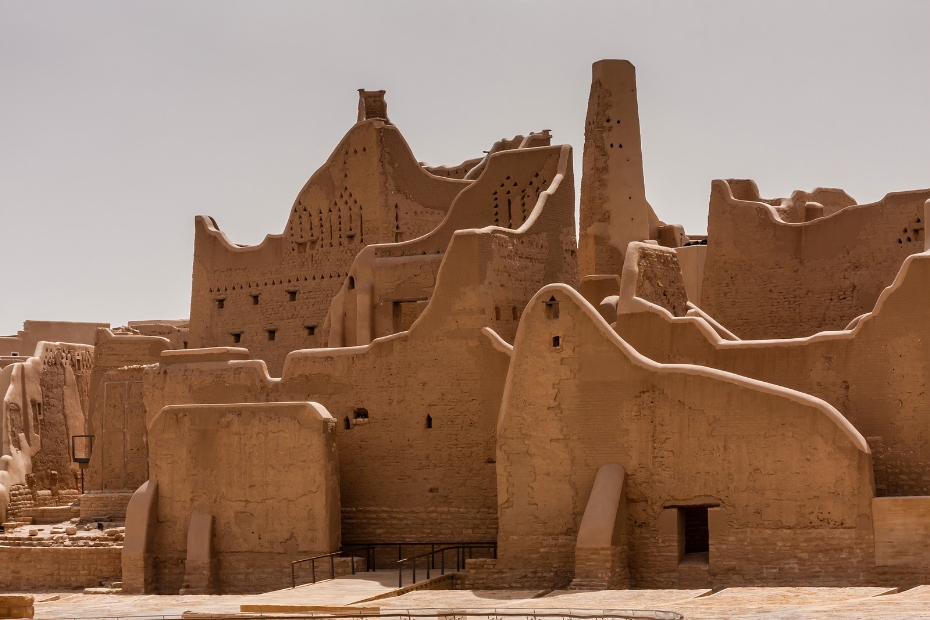Discover the intricacies of Paganism, from its polytheistic beliefs to its reverence for nature and ancestors, and learn about its modern resurgence in spiritual paths like Wicca, Druidry, and more.
The term “Paganism” encompasses an array of spiritual, religious, and cultural practices that are typically characterized by their multi-deistic nature, veneration of nature, and the honoring of numerous divine entities. It’s crucial to understand that Paganism isn’t a singular, unified belief system; instead, it comprises a wide range of beliefs and practices that can vary significantly. Historically, the word “pagan” referred to individuals who adhered to non-Abrahamic faiths, such as those originating from ancient Rome, Greece, Egypt, and the Celtic and Germanic tribes of Europe.
Some shared aspects of Pagan belief systems include:
- Multi-deistic approach: Pagan belief systems frequently involve the honoring of several gods and goddesses, each related to distinct facets of life, nature, or human experiences.
- Reverence for ancestors: Many Pagan customs pay homage to and respect their forebears, who are considered to have a crucial role in the spiritual lives of those living today.
- Respect for nature: Pagan ideologies and practices often emphasize the sanctity of the natural environment and the interdependence of all living organisms. This belief may be expressed through rituals and ceremonies celebrating seasonal changes, lunar cycles, and other natural occurrences.
- Ceremonial practices: Pagan customs often include intricate rituals and ceremonies meant to connect participants with the divine, mark significant life events, or commemorate seasonal shifts.
- Mythological narratives and symbolism: Pagan belief systems possess rich mythologies and symbolic structures that offer a framework for understanding the world, human experiences, and the divine.
In recent decades, there has been a resurgence of interest in Paganism and its various traditions, with many individuals identifying as modern Pagans or pursuing Neo-Pagan spiritual paths. These contemporary Pagan movements often derive inspiration from ancient Pagan religions while also integrating modern concepts and values. Prominent modern Pagan paths include Wicca, Druidry, and a variety of reconstructionist Paganism forms, such as Hellenism (revival of ancient Greek beliefs), Kemeticism (revival of ancient Egyptian beliefs), and Asatru (revival of ancient Norse beliefs).



